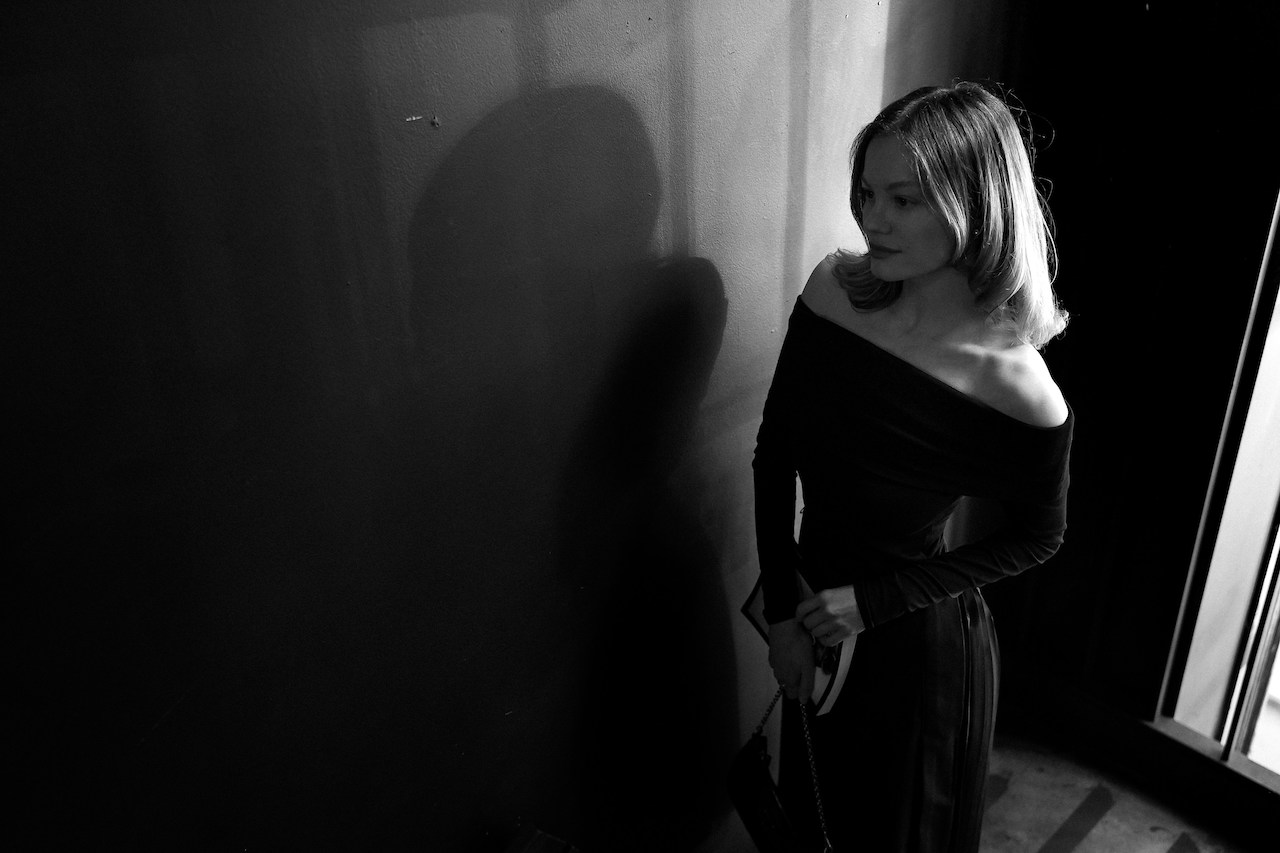By Lottie Ennis
ÔÿàÔÿàÔÿà
I’m Thinking of Ending Things is an American psychological drama film, written and directed by Charlie Kaufman, released in 2020. Based on the interesting 2016 novel by Iain Reid and with some great actors such as Jessie Buckley and Jesse Plemons, I had high hopes for what seemed to be a quirky film from the trailer. Starting off in classic horror movie fashion, the opening credits showed a dilapidated house with uneasy music which created a tense atmosphere. This was ruined slightly by the long exchange between the two main characters (Jake and Lucy/Louisa/Ames) in the car at the beginning of the film, which featured an awkward back and forth, and some conversation which did not really have any relevance to the rest of the film. It was interesting to hear the inner monologue of the main female character (whose name changes throughout the film) and I thought that provided an unusual perspective especially with regard to the wider context of the plot.
Although the dramatic suspense was lost slightly during the journey to Jake (Jesse Plemons)’s parents’ house, when they arrived, the acting by Toni Collette and David Thewlis recreated the suspenseful atmosphere. Acting as Jake’s parents, Colette and Thewlis created the perfect nightmare of meeting a significant other’s parents and it is this real life aspect which adds to the sense of horror, as Plemons struggles to appease them. Kaufman uses these parent characters to create a sense of the unknown as they become suddenly old and suddenly young again. There are clever hints as the characters themselves are confused and seem to be explaining their behaviour on the spot which upon reflection after the film is a stroke of genius. It becomes clear later (if true to the original book) that these characters are a creation in the mind of a janitor who is reinventing a story over and over again in his mind. The janitor, who features sporadically, is one of the let downs of the film as despite great acting by Guy Boyd, the revelation of the relationship between him and the other characters is anticlimactic and muddled. I was left feeling robbed of an ÔÇÿaha’ moment.
I say ÔÇÿif true to the original book’ as the nature of the film is confusing in itself and there are also some key features missing which leave the viewer in the dark unless they do their own research. There are scenes which don’t seem to make sense and an adequate explanation is never provided. However, the film itself is a representation of a deeply depressed mind and this turbulent approach is perhaps indicative of that chaos. Furthermore, the cinematographic aspects of the film were beautiful and really added to the slightly unnatural and artificial sense of time and place within the film. Ultimately, the only criticism I can make is that at 2 hours and 14 minutes, the film seemed too long and could have been improved if more focus were given on some aspects than others. Having said this, the film still did what all good films do and left me thinking about the lives of the characters and the situation in which they find themselves in.
It also offered unique insight into the mental health of someone who feels lonely and isolated, a difficult topic which if done well can increase awareness and bring the topic to the forefront of the conversation, which can only be a good thing.


